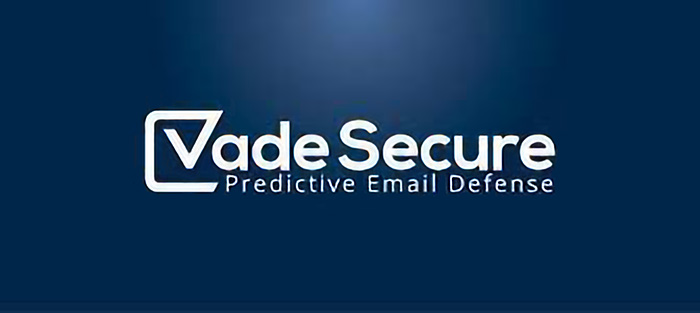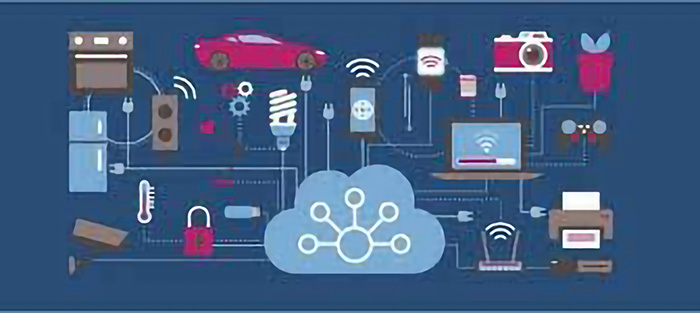Neelie Kroes, responsible for the European Commission’s Digital Agenda, said at CeBIT last week in her speech to an audience which included Chancellor Merkel and Prime Minister David Cameron that after the Snowden relelations “Trust can never again be taken for granted.”
Instead of an “European Internet” as brought up last month from Merkel, there can be serious enhancements to the current state that will make mass surveillance much harder, to a point where it becomes unfeasible.
The basics are that the European Internet connections are directly routed between the countries, which are easily controllable by the big ISPs and telcos. Currently economic reasons create indirect routings through NSA-land. This needs to be avoided.
Secondly, any services like mail, chat, voice, video, cloud storage must employ encrypted connections only and should automatically encrypt all content. Providers agreeing on some simple standards that have been available for a long time and rolling these out across Europe would be a first logical step forward. Such cooperation was demonstrated recently by Deutsche Telekom and 1&1 with “E-Mail made in Germany” initiative. The next step must be to provide simple crypto to everyone. Application developers like Open-Xchange are working on this, once deployed by service providers this next level of security will be reached.
Thirdly, the chain of trust needs to be worked on. Currently, with proprietary hardware and software, the internet is riddled with bugs, back-doors and easy targets for surveillance by “working with” the large manufacturers of telecom equipment and Internet software. A thorough solution would be to switch to open source software and hardware for all things Internet.
A lot of the Internet infrastructure is already based on open source including Linux, MySQL and Apache but a lot isn’t, including Google, Microsoft and Apple services, and Cisco, Huawei, Apple and Samsung hardware.
A transparent chain of trust that rids the world of back-doors and central surveillance can only be built with open source. Thus governments can create rules that critical Internet infrastructure and services need to be based purely on open source solutions. And they should start with themselves to avoid being victims of surveillance to begin with.
Privacy and trust sit atop of the Summit agenda at the 6th annual OX Summit in Munich this year in September. A Summit like no other, OXS14 is the place to connect and exchange with the over 400 Cloud experts on the most pressing opportunities that challenges the industry today. Free registration is now open at summit.open-xchange.com





